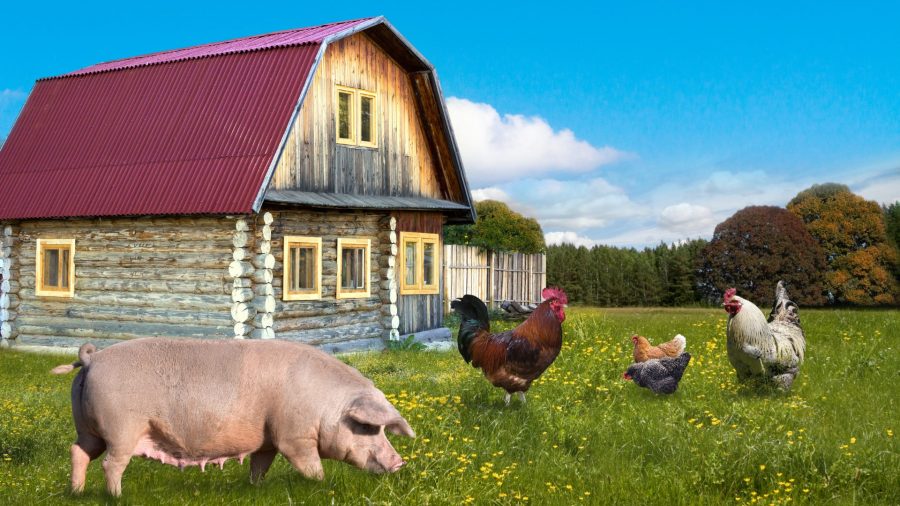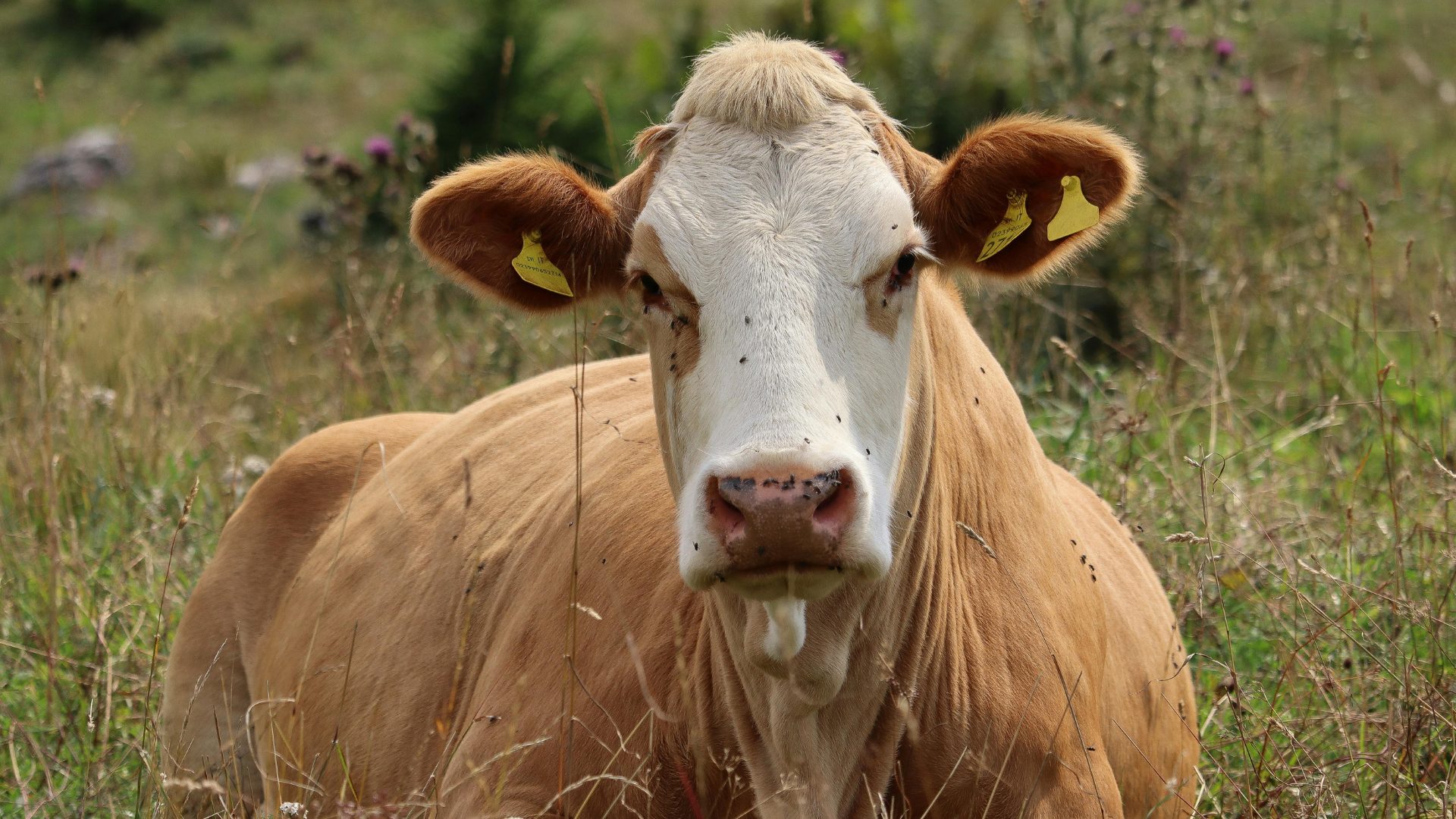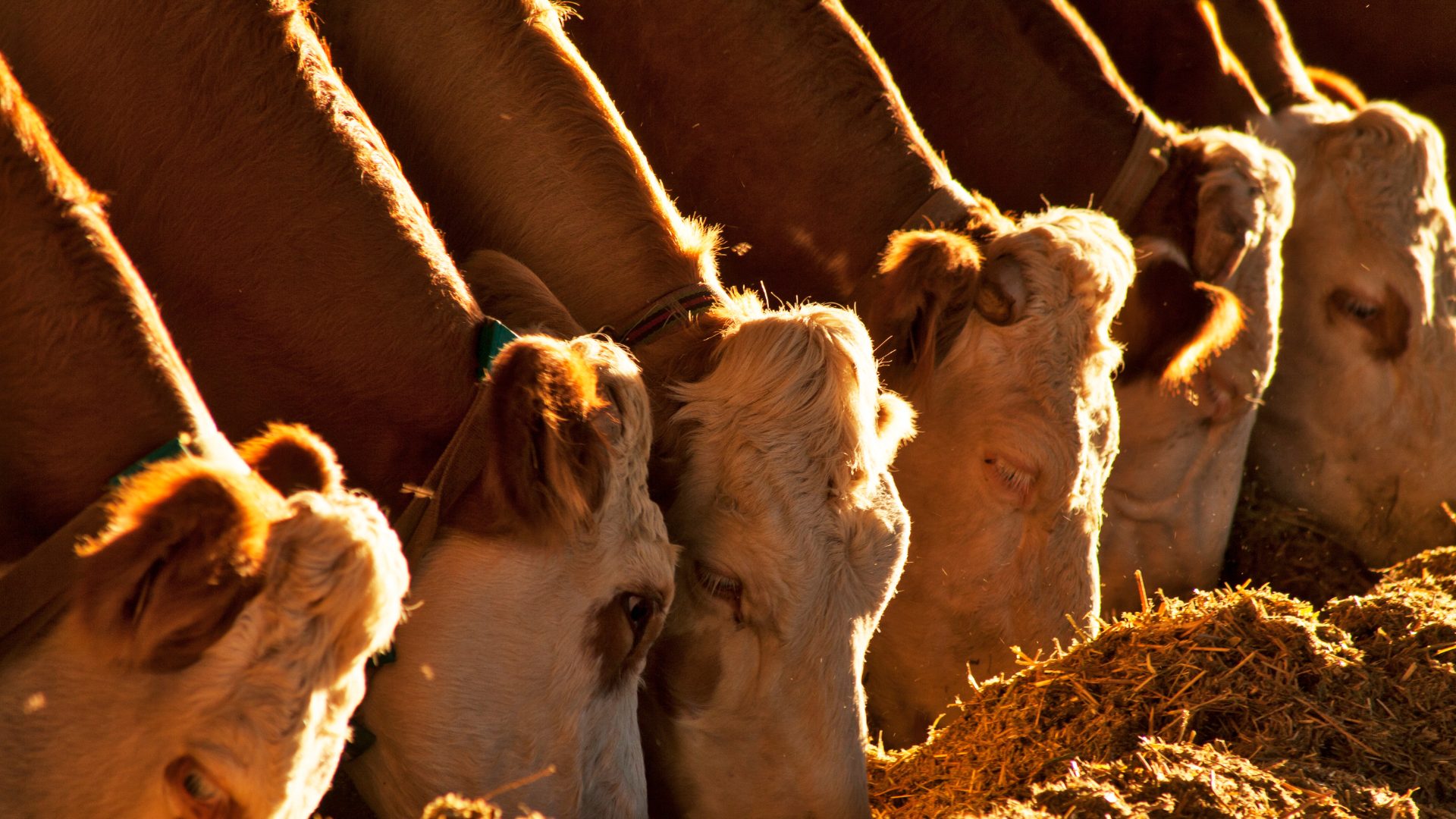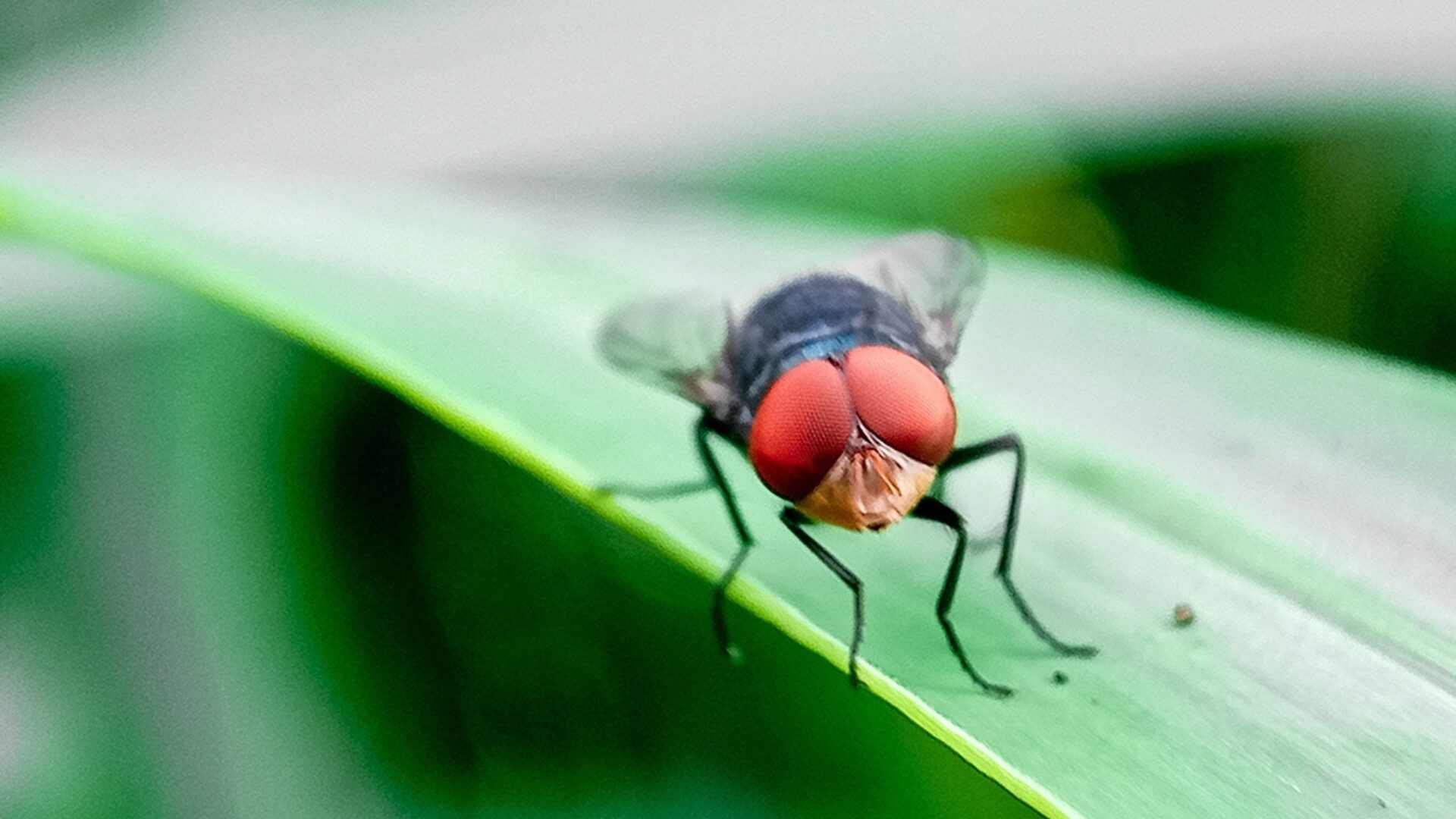New rules on animal welfare are slated to take effect Jan. 1 in California, but a coalition of restaurants and grocery stores have filed suit to block implementation for more than two years, arguing they will curb supplies and send prices skyrocketing.
California voters approved Proposition 12 in 2018 by a 2-to-1 margin, but the state has missed deadlines for issuing regulations for foods sold in the state, and producers have done little to change conditions under which animals are raised.
Nate Rose, a spokesman for the California Grocers Association, told ABC (Dec. 12) the regulations just won’t work. A hearing on the lawsuit is set for March.
The California law is part of an international movement not only to improve the living conditions for animals, but to reduce the environmental impact of animal protein production and the amount of animal products in diets.
The law requires breeding pigs, egg-laying chickens and veal calves have enough space to stand up and turn around. Egg and veal producers appear to have met the new standard. But hog farmers say it will be just too expensive to remove pigs from gestation crates and give them 24 square feet of usable space.
California is the nation’s largest pork market, consuming about 13% of the nation’s supply, some 80% of which is produced in Iowa. Anything in cold storage before the end of the year will be allowed on the market in 2022 to help keep a supply shortage from developing.
Jennifer Kaplan, food systems sustainability manager at Miyoko’s Creamery in Petaluma, California, told The Food Institute the new regulations likely will not impact the food supply but could impact profits.
The USDA has noted hog production has undergone many structural changes in the last four decades, mostly moving away from small, independent operations to large factory farms to increase efficiency and lower production costs.
“These efficiencies have increased profitability of large producers and there is plenty of margin built into the industry to absorb the costs associated with improved production practices. It’s just not credible to think that any of these operations would be at risk of financial hardship if they had to implement these improvements,” Kaplan said.
Mike Salguero, founder and CEO of ButcherBox, a direct-to-consumer meat brand, said consumers need a better alternative to conventional feedlot-raised meat.
“Raising animals with welfare as a top priority not only creates a superior product but can be the solution to many of the issues and inefficiencies we see in the broader meat industry,” Salguero said, noting consumers are voting on the issue with their pocketbooks, indicating they are willing to pay more both at restaurants and in the checkout line for humanely raised foods. “The long-term impact on building a more humane and sustainable food system in our country must be underscored.”
The National Pork Council unsuccessfully challenged the California law. Though initial analyses indicated pork prices could soar as much as 60% due to the new regulations, a more recent study by the University of California-Davis projected an increase of just 8%.
The animal welfare issue is of wider concern than just in California. Earlier this year, a new food label was approved in response to consumer concerns to indicate “responsible animal care” for chicken and turkey products, Forbes reported (Dec. 13). Consumer Reports, however, called the One Health Certified label misleading and confusing, and likened it to a participation trophy for carrying on business as usual.
Pigs, poultry and cows aren’t the only concern. In Britain, the government just added cephalopods – octopus, squid, cuttlefish and some other species – and decapods – lobster, crab, shrimp, prawns, crayfish – to its Animal Welfare (Sentience) Bill because of evidence the marine invertebrates have feelings, Fast Company reported (Nov. 22).
“Consumers are becoming more aware about the facts: Eating animal products is inefficient from the perspective of land, water and energy and undesirable from a biodiversity, climate change and animal welfare point of view,” Miyoko’s Kaplan said. “All these factors have been contributing to a shift in diet away from animal agriculture. For example, we know that health, sustainability, and animal welfare are the top three reasons cited by consumers when asked about consumption of plant-based foods.”
In Netherlands, the welfare of the animals themselves isn’t the only concern. The government has announced a $28.1 billion program to buy out farmers to reduce the number of livestock and contain the amount of animal waste produced, The Guardian reported (Dec. 15).











